Hearing care can be described as all mediations required to identify, prevent and treat hearing loss and related ear diseases.
This includes the range of services (diagnosis & evaluation, auditory, rehabilitation) and hearing technologies (hearing aids and hearing assistive technologies).
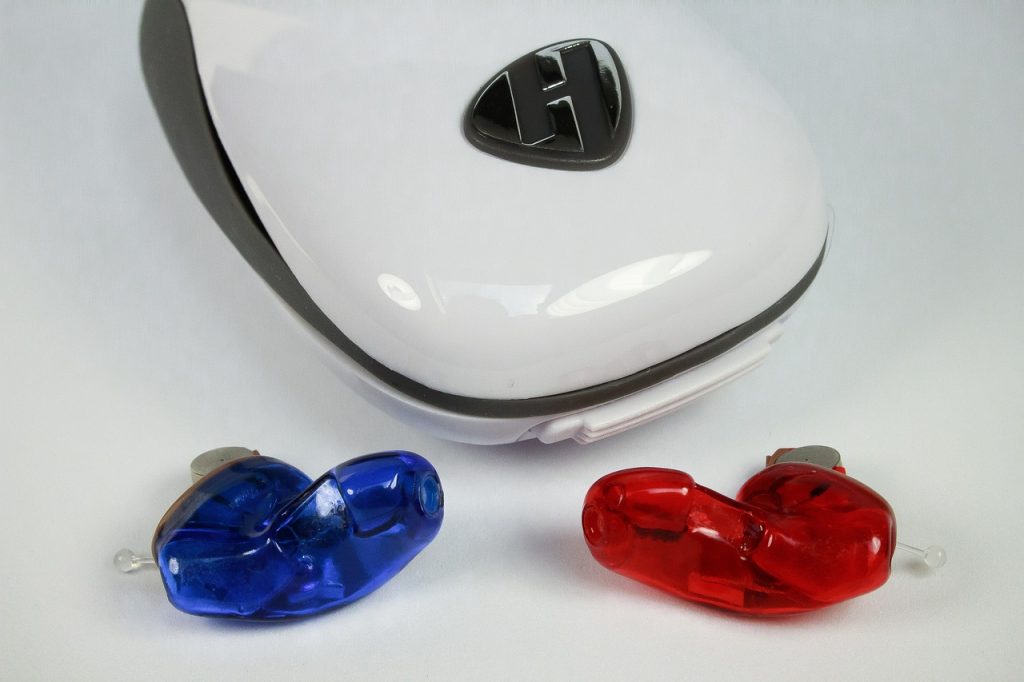
Hearing loss (gradual, mild, acute or severe) present since birth or acquired in old age, can have significant effect on communication abilities, quality of life, social participation and well-being of affected individuals.
Globally, hearing loss has been identified as the fifth (5th) leading cause of years lived with disability.
In the United States, an estimated over 30 million (30,000,000) persons aged 12 years or older have hearing loss.
However, age-related hearing loss is now of serious public health concerns, as the older adult population grows.

General Attitude Towards Hearing Care
Sad to say, many people with hearing care needs, do not seek or receive hearing health care. For some, hearing health care is not affordable.
For others, the appropriate services are difficult to access or they do not how or where to access them.
There are those who do not want to deal with the stigma that they and society associate with seeking help for hearing conditions.
Still, as hearing loss is an invisible health condition that often worsens over time, some do not believe that anything can be done to help them or they feel the perceived benefit will not be significant enough.
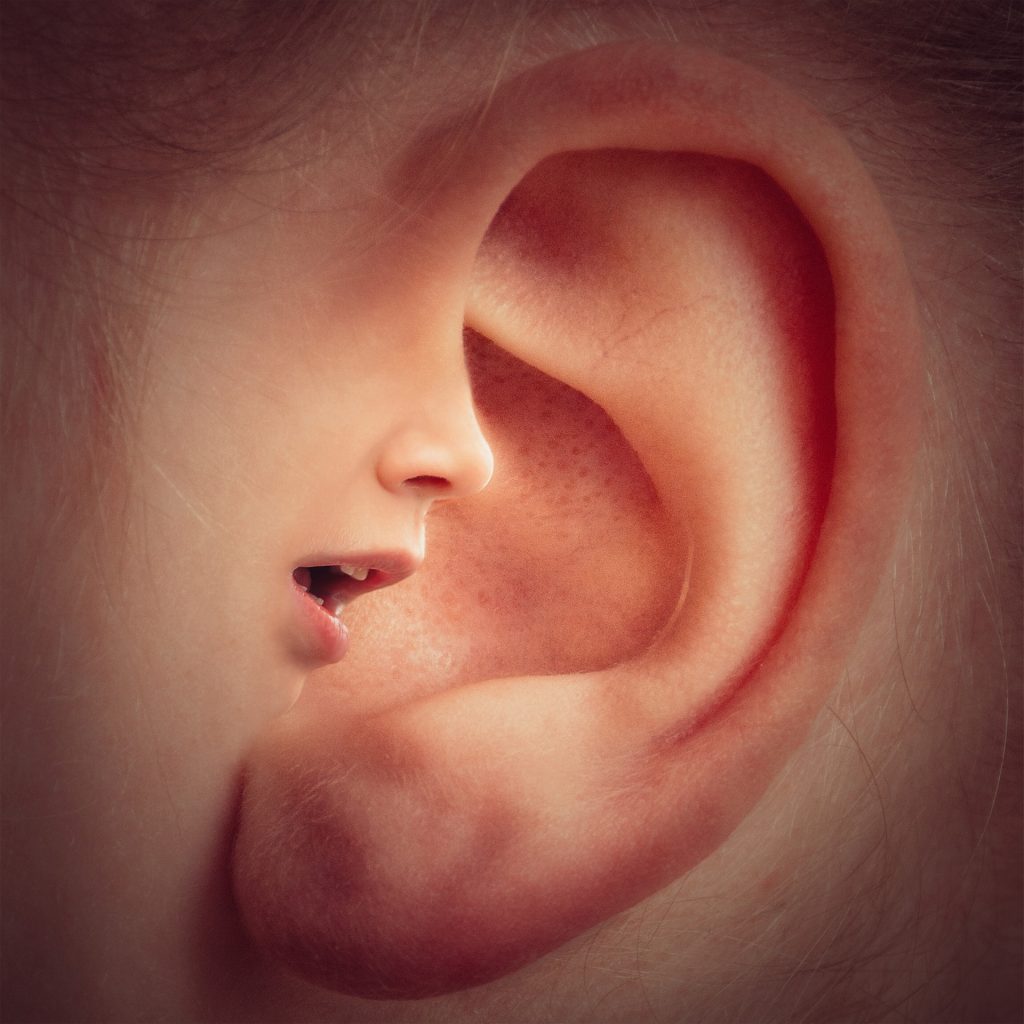
The Benefits Of Hearing Care / Healthy Hearing
In contrast addition to the negative effects, good hearing care improves communication, results in positive health outcomes, increases social engagement and lowers the risk of depression. Let’s elaborate:
a – Communication:
It is established fact communication is the foundation of relationships. Healthy hearing removes the frustration of missing out on conversations with loved ones and being isolated from social situations.
b – Brain Functions:
Standard hearing health is believed to have positive effects on brain functioning, such as memory and other physical health benefits.
c – Independence and Security:
Great hearing health creates independence and security. This is particularly true when you are able to hear your phone ring, hear the fire alarm go off, hear when the door bell rings etc.
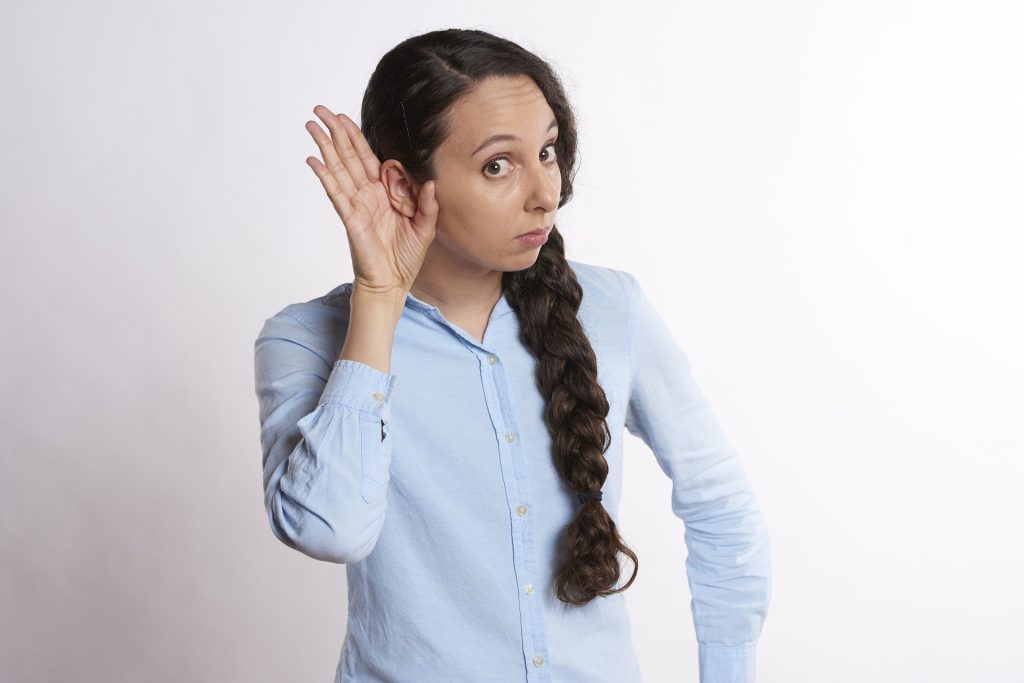
Tips For Healthy Hearing
Hearing health can be improved and Hearing Loss prevented by practicing the following simple tips:
1- Turn Down The Volume
Of course, listening to loud music can damage your ears, especially when using earbuds that sit directly next to your eardrum – consider using over-the-ear headphones instead.
Headphones place more distance between your eardrums and noise from portable device
When watching TV or listening to music in your home or vehicle, keep the volume down.
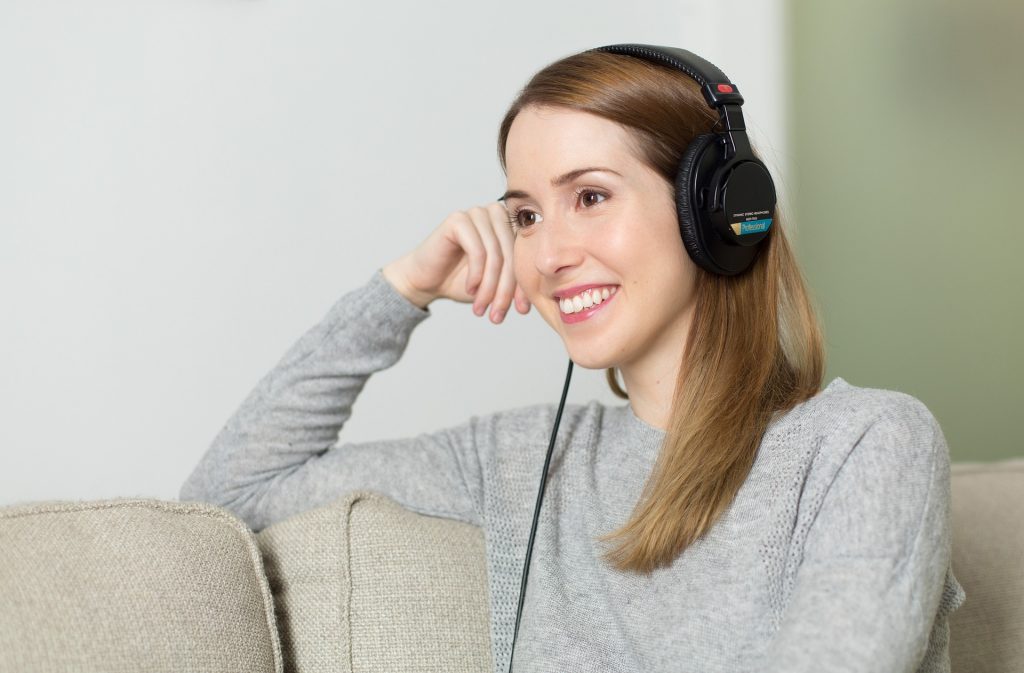
2 – Keep Your Ears Dry
Bathing and swimming can cause water to enter your ears, which can be risky for your hearing and hearing care, If water sits in your ear canals for a long period.
What To Do:
Tilt your head to the sides after bathing or swimming, to help excess water drain out of your ears, or use a small, soft towel to soak up excess water from your ears.

3 – Avoid Loud Noises Environment
Loud noises such as those transmitted by power tools, concerts, lawnmowers, aircrafts, firearms, etc can all gradually lead to hearing loss, particularly if you are exposed to these noises on a regular basis.
What To Do:
Wear earplugs in such environment to protect your ears and thereby reduce your hearing loss risks.
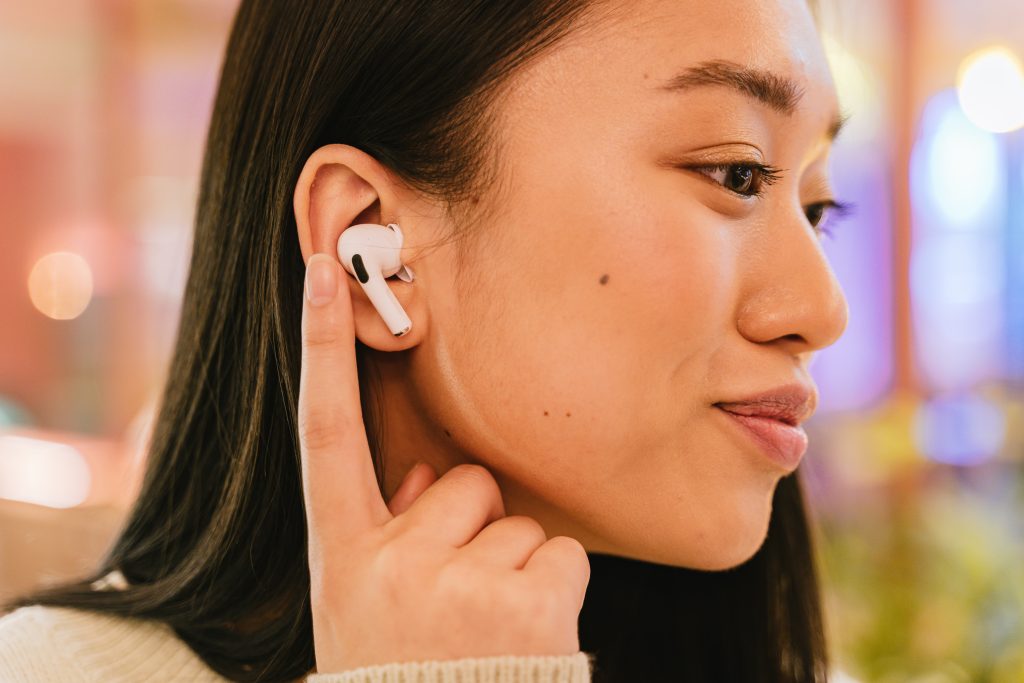
4 – Stop Using Cotton Swabs
Cotton swabs have been used for decades to remove ear wax buildups from the inside of the ears. However, research has discovered that cotton swabs actually do more harm than good to the ears.
They can push earwax deeper into the ear canal and damage the eardrum & canal thereby increasing the risk of hearing problems.
What To Do:
Use an approved ear wax removal solution that softens the wax, so that it can flow more easily out of your ear canal.
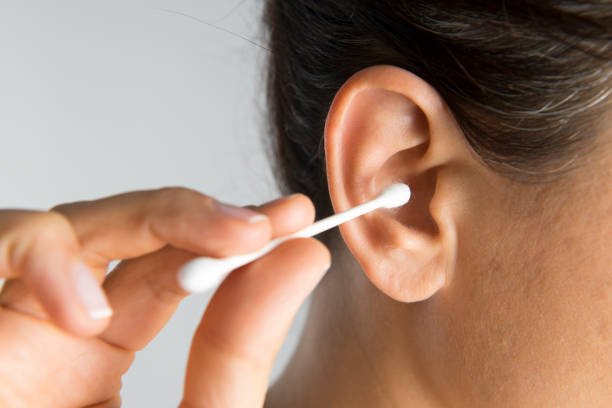
5 – Use Medications Properly as Directed
It is well known that hearing loss is a common side effects of many medications (including prescribed), particularly in those who use specific drugs in high doses or for a long period of time.
Examples of drug-induced hearing loss medications are; Antibiotics, Non-Steroidal Anti-Inflammatory Drugs (NSAIDs), Chemotherapy drugs, etc.
What To Do:
If you are taking one or more of above medications, take them responsibly and as directed.

AVOID: Popular Medication Linked To 60% Of Hearing Loss Cases
Scientists from the Himalayan Institute of Medical Sciences have discovered that a popular medication speeds up progressive hearing loss by 87%…And it’s being recommended freely by doctors as “harmless!!!”
According to researchers, this pill contains an eardrum-frying toxin, which can damage your ears permanently and cause constant infections, especially if you are over 55!
Click here to find out!

However, they also revealed “Simple Native Americans Ancient Ritual” that you can do at home.
It would clear and sharpen your Hearing, almost Overnight………….
Whilst getting rid of Tinnitus and Vertigo!
Find it Here!

#HearingCare, #HearingHealth, #HearingTips, #ImproveHearing, #HearingWellness, #HearingProtection, #BetterHearing, #HearingAdvice, #HealthyHearing, #HearingLossPrevention